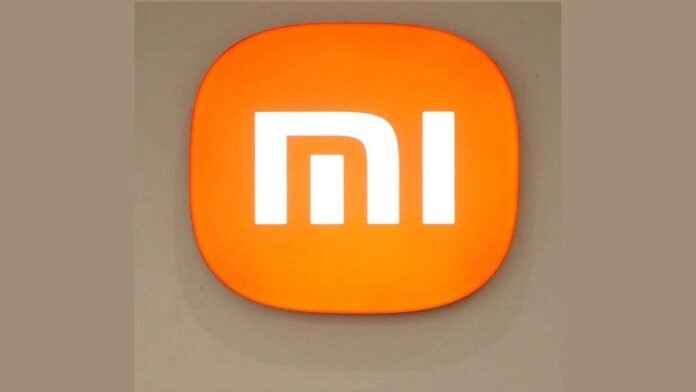Xiaomi says suppliers are worried about India’s monitoring of Chinese companies. The company with the biggest smartphone market share in India has asked the government to consider manufacturing incentives or lower import tariffs for certain smartphone components.
According to a letter and a source with direct information, Xiaomi, a major tech company, notified New Delhi that Chinese smartphone component suppliers are hesitant about entering the Indian market due to government monitoring. Xiaomi, which owns 18% of India’s smartphone market, invites India to consider manufacturing incentives and cut import duties for specific smartphone components in a Feb. 6 letter.
The Chinese company makes cellphones in India with largely local parts and imported parts from China and others. India’s IT ministry asked Xiaomi how New Delhi might boost component manufacturing. Xiaomi responded with a letter.
After a 2020 border conflict between India and China killed at least 20 Indian soldiers and four Chinese, Beijing protested and India increased scrutiny of Chinese enterprises.
Chinese companies in India are reluctant to discuss inspection, but Xiaomi’s letter demonstrates that they still struggle, notably in smartphones, where many crucial components originate from Chinese vendors.
Xiaomi India President Muralikrishnan B. wrote that India required “confidence building” measures to attract component suppliers.
“Component suppliers are hesitant to set up operations in India due to the challenges faced by Indian companies, especially Chinese ones,” Muralikrishnan added.
It didn’t specify compliance and visa issues, but the letter raised additional worries. It noted “the government should address these concerns and work to instil confidence among foreign component suppliers, encouraging them to set up manufacturing facilities in India.”
Xiaomi and the IT ministry did not respond to requests for comment.
Last year, India accused Chinese smartphone company Vivo Communication Technology of violating immigration restrictions and stealing $13 billion.
Indian authorities have blocked over $600 million in Xiaomi assets for alleged unlawful transactions to foreign companies disguised as royalty payments.
Both Chinese firms deny wrongdoing.
Along with regulatory scrutiny of Xiaomi and Vivo, India has banned more than 300 Chinese apps, including ByteDance’s TikTok, and halted planned projects by Chinese automakers BYD (002594.SZ) and Great Wall Motor (601633.SS).
According to the source, many executives of Chinese electronics businesses struggle to secure visas to enter India, and New Delhi’s stringent monitoring slows investment clearances.
After New Delhi’s Jan. 31 reduction in battery cover and phone camera lens import levies, Xiaomi’s Muralikrishnan called for more tariff reductions in the letter.
According to the letter, Xiaomi wants India to lower import taxes on battery, USB cable, and phone cover subcomponents.
Xiaomi noted in the letter that lowering import duties would “increase India’s manufacturing competitiveness… in terms of costs” but would need more incentives to attract component manufacturers.
In January, India’s top industrial policy officer Rajesh Kumar Singh suggested that if the border remains quiet, China’s investments could be scrutinized less.
Conclusion
Xiaomi, a Chinese tech company, notified New Delhi that smartphone component suppliers are hesitant about entering the Indian market due to government monitoring. . The 18% market share leader in India’s smartphone market has asked India to consider manufacturing incentives and lower import taxes for certain smartphone components.
Xiaomi India President Muralikrishnan B. wrote that component suppliers are concerned about compliance and immigration concerns while setting up operations in India. The letter also urges India to resolve these issues and reassure global component suppliers to establish manufacturing facilities in India.
After New Delhi’s Jan. 31 reduction in battery cover and phone camera lens import levies, the letter urges future tariff reductions. Xiaomi thinks lowering import tariffs could make India’s production cheaper, but component manufacturers need more incentives to set up in India.



